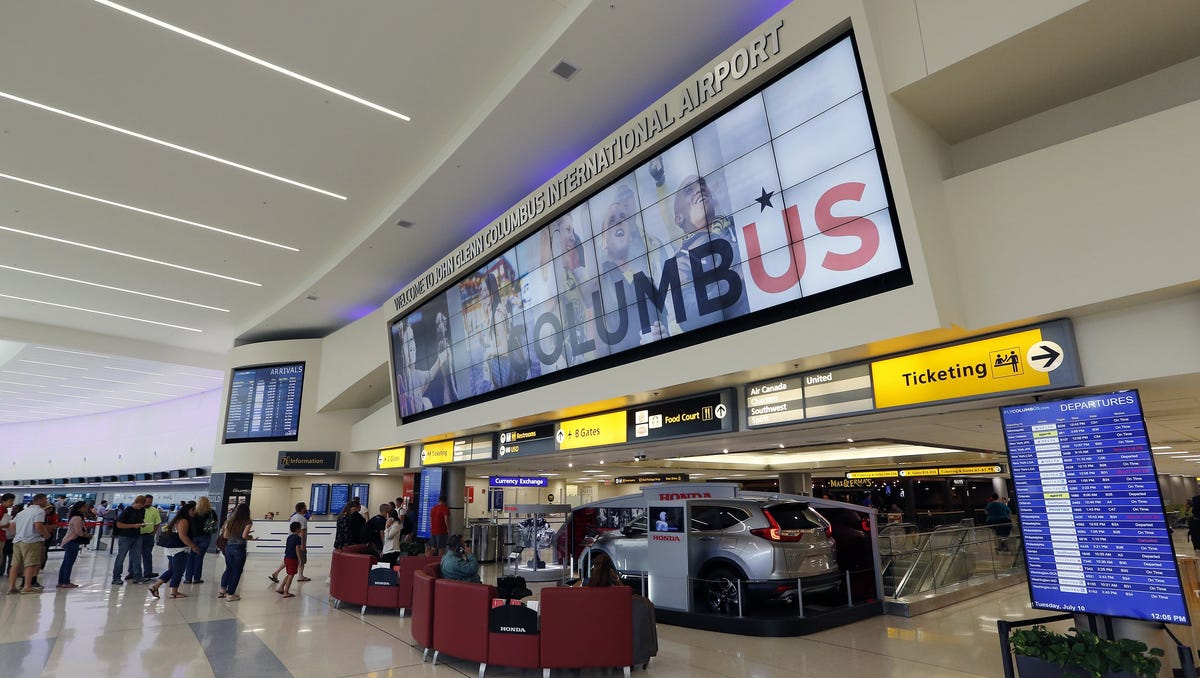Bussiness
North Korea knows its troops could desert in Ukraine. It has chilling ways to keep them in line.
- The US says North Korean troops are in Russia, possibly bound for the war in Ukraine.
- The soldiers face strict measures to prevent their desertion, North Korea experts told BI.
- The country uses a rigid system and family hostages to ensure loyalty.
Any North Korean troops sent to fight in Ukraine would be subject to harsh measures to ensure they don’t desert, observers have told Business Insider.
There are growing reports of a mass North Korean deployment in support of Russian troops.
On Wednesday, US Defense Secretary Lloyd Austin said “there is evidence” that North Korean troops were training in Russia.
Scattered reports have claimed that smaller numbers of North Korean troops are already in Ukraine.
Ukrainian outlets Suspilne and Hromadske reported some early desertions, citing anonymous sources.
Business Insider could not independently confirm the reports, and Ukraine’s military-defense agency did not respond to a request for comment.
A tight leash
Committing large numbers of troops abroad is risky for Kim Jong Un, who oversees a totalitarian state that rarely lets people out.
But the prize for cooperating with Russia is great — technological advancement and help for North Korea’s cash-strapped economy.
Joseph S. Bermudez Jr, an expert in North Korean defense at the Center for International and Strategic Studies, told BI that those sent abroad would quickly see that even a life of poverty in Russia and Ukraine is better than what’s at home.
“It’s hard to imagine how tightly controlled North Korean society is,” he said.
National Intelligence Service of South Korea
North Korea operates a complex social hierarchy in which citizens are tracked and classed according to perceived loyalty. It’s often inherited from the actions of your parents or even grandparents, and has been described as effectively a form of caste system.
According to a landmark work on the subject by Mark Collins, an expert on North Korean security, only those classed as most loyal can become army officers.
Kim is likely to only send “politically reliable people” to fight, Bermudez said.
Those sent to aid Russia are likely accompanied by officials from the ruling Workers’ Party of Korea, he added. “They file reports on everybody.”
“Are they drinking too much? Are they trying to acquire goods that they can’t get in North Korea and send them home?”
They’re also likely to have to undergo self-criticism sessions, Bermudez said — an intense group practice of confessing one’s shortcomings.
They might berate themselves by saying something like: “‘I didn’t think of the Kim family 20 times today,” said Bermudez. “‘I only did 15.'”
He said soldiers would be sent to a re-indoctrination camp on their return to North Korea to reaffirm their loyalty.
Those who return would likely be honored and given greater privileges, such as a better job. Families of those who die in battle also gain immense social respect and advantages, he said.
KCNA via Reuters
The North Korean state also has harsher means to keep its citizens abroad in check.
According to Bruce W. Bennett, a defense researcher and North Korea specialist at RAND, those who leave, like diplomats, are almost never allowed to bring their whole family with them.
“It is very typical for the Kims to insist that at least one member of any family operating overseas remain in Pyongyang as a hostage,” he told BI.
And anyone who does defect ensures that their whole family suffers, Bermudez said. “North Korea believes in generational punishment.”
In interviews with escapees and defectors, he said, “one of the greatest sorrows that they have is that they’ve left family.”
That’s because their extended family would likely be sent to brutal work camps — described by Bermudez described as similar to a Nazi work camp or a Soviet gulag.
An opportunity for the West?
Kim is “scared to death” of information being brought back to North Korea from abroad, Bennett said.
The leader rails against culture from the outside world — like in 2021, when he called K-Pop a “vicious cancer” — because he perceives it as a major threat, Bennett said.
An earlier assessment in The National Interest argued that South Korea, in particular, is well-positioned to exploit this anxiety.
On Tuesday, Kim’s sister Kim Yo Jong, who has been called his de facto second-in-command, lashed out at both Ukraine and South Korea, comparing them to “bad dogs bred by the US.”
Bennett said that the presence of North Korean troops in Ukraine could offer a rare opportunity to reach high-placed North Korean citizens.
“The question we’ve eventually got to ask is, why isn’t the US and the Western countries trying to use this situation more to our advantage?” he said.








